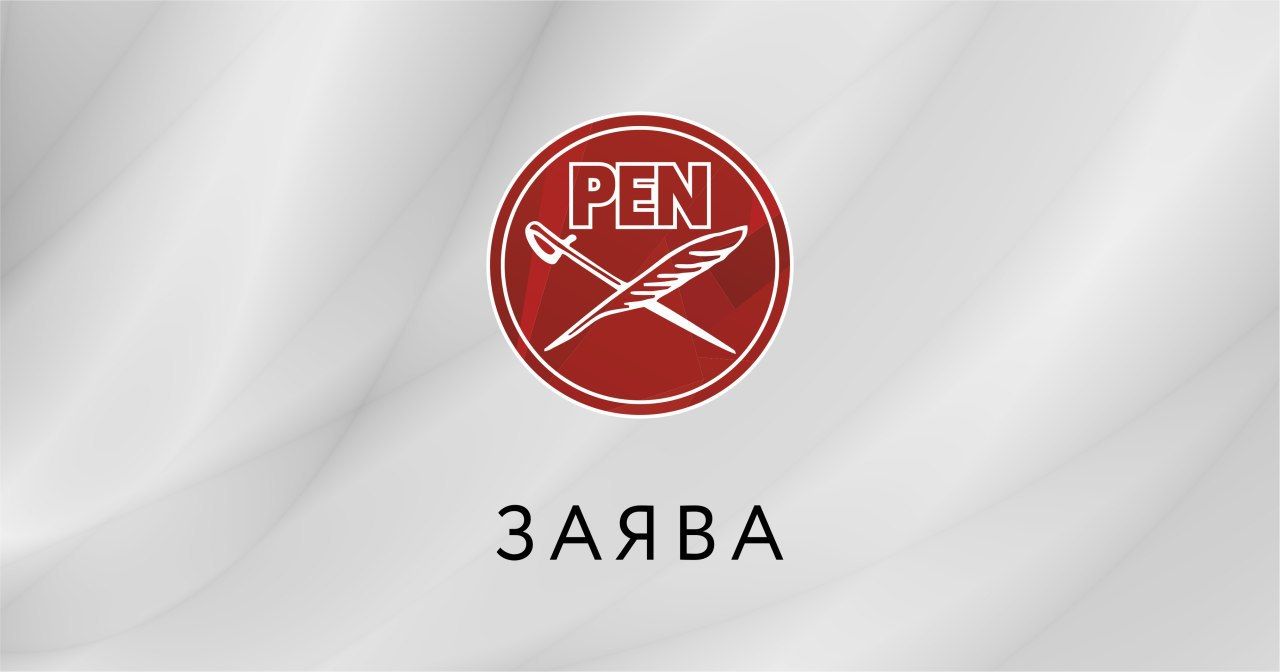
In response to the recent sentences pronounced in a number of politically motivated criminal trials involving protesters and other persons accused of using violence against or violent resistance to police officers and other officials performing official duties (Articles 363, 364, and 366 of the Criminal Code), namely:
- Uladzimir Sakalouski, sentenced on January 25, 2021 to four years of restricted liberty in an open penitentiary under Art. 364 of the Criminal Code for committing violence against a police officer: Uladzimir started driving, fleeing the attack of police officers, after which one of them jumped on the car hood and drove a few meters on it without getting injured;
- Pavel Haliak, sentenced on December 15, 2020 by the Minsk District Court to two years and six months in prison under Article 364 for committing violence against a police officer while trying to defend a participant of a peaceful assembly who was being detained;
- Siarhei Nepahoda sentenced by the Maladziečna District Court to three years in prison under Part 2 of Article 363 of the Criminal Code for resisting violence against a participant of a peaceful assembly held in Maladziečna in June 2020; earlier, Pavel Piaskou and Uladzislau Yeustsiahneyeu were convicted in the same case and recognized as political prisoners).
Reaffirming our position set out in the Joint statement of human rights organizations of January 16, 2021, we note the following:
Citizens’ peaceful assemblies should be protected by the state, and the police should not take actions to forcibly stop them, even if they take place in violation of the procedures for their organization and holding. Violent dispersal of assemblies and the use of physical force, let alone special weapons against protesters should be carried out only as an extreme measure, in cases when the behavior of assembly participants becomes violent and poses a real threat to national and public security, life and health of citizens.
Disproportionate brutal actions of the police aimed at suppressing peaceful assemblies cannot be considered as a legitimate activity for the protection and preservation of public order, and in cases of violence used by protesters who were provoked by the same police officers, these actions should be considered based on the severity of the injury and intent to cause such harm, as well as seen as justifiable or necessary defence carried out to protect oneself from clearly unlawful actions of law enforcement officers who had followed unlawful orders.
Apart from that, we note that in the politically motivated cases, the authorities apply imprisonment in violation of the right to a fair trial, as well as other rights and freedoms guaranteed by the International Covenant on Civil and Political Rights, discriminating the defendants in comparison with defendants of other analogous cases.
According to the Guidelines on the Definition of Political Prisoners, violence that was provoked by the initial disproportionate use of physical force, means of restraint, and if there was no intent to cause non-symbolic material damage or harm to anyone in the actions of the accused, provides grounds to hold these individuals to be political prisoners.
In addition, monitoring of these trials has shown that the courts impose disproportionately harsh (inadequate) sentences for the offense with which the individuals are charged, compared to sentences imposed in the same categories of cases outside the political context.
The duration or conditions of imprisonment under such sentences are clearly disproportionate (inadequate) to the offenses of which the defendants were found guilty.
All these circumstances give grounds to claim that the persecution of these persons is politically motivated, and the individuals themselves are political prisoners.
Based on this and guided by para. 3.2 (a, b, c, d) of the Guidelines on the Definition of Political Prisoners, we recognize Uladzimir Sakalouski, Pavel Haliak and Siarhei Nepahoda as political prisoners and call on the Belarusian authorities to:
- review the sentences passed against these political prisoners, respect their right to a fair trial, eliminate the factors that influenced the decision to sentence these individuals to imprisonment and release them, having ensured their appearance in court by other means;
- release all political prisoners.
Human Rights Center “Viasna”
“Legal Initiative”
Lawtrend
PEN Belarus
